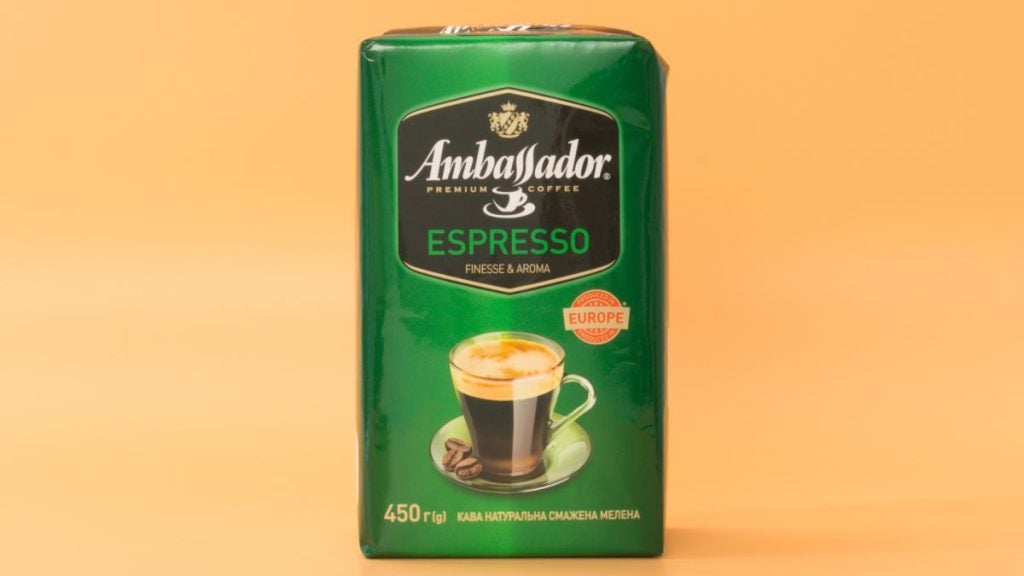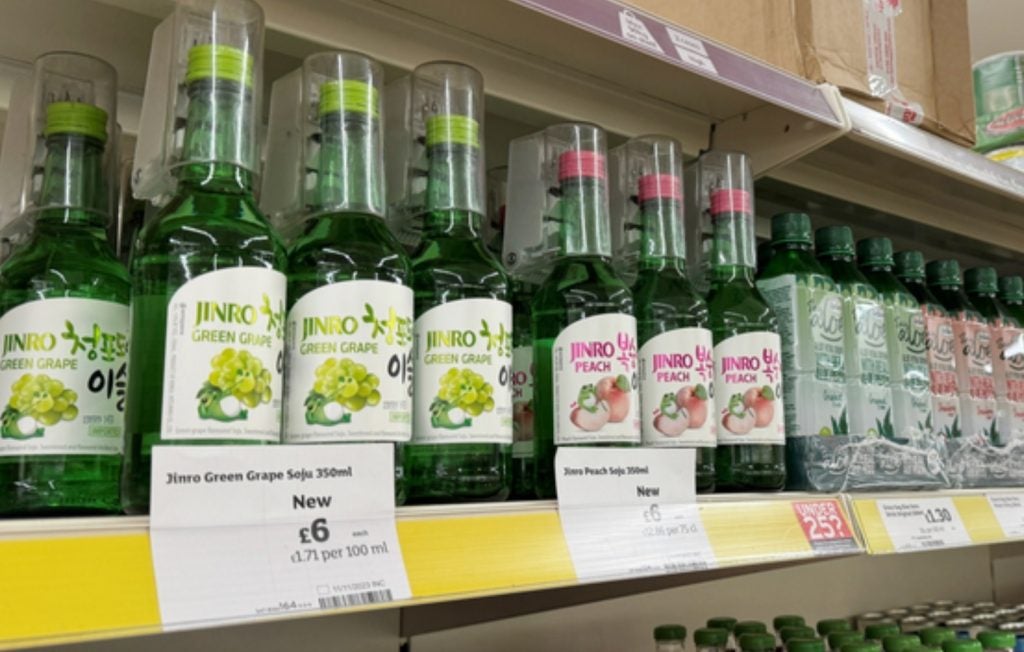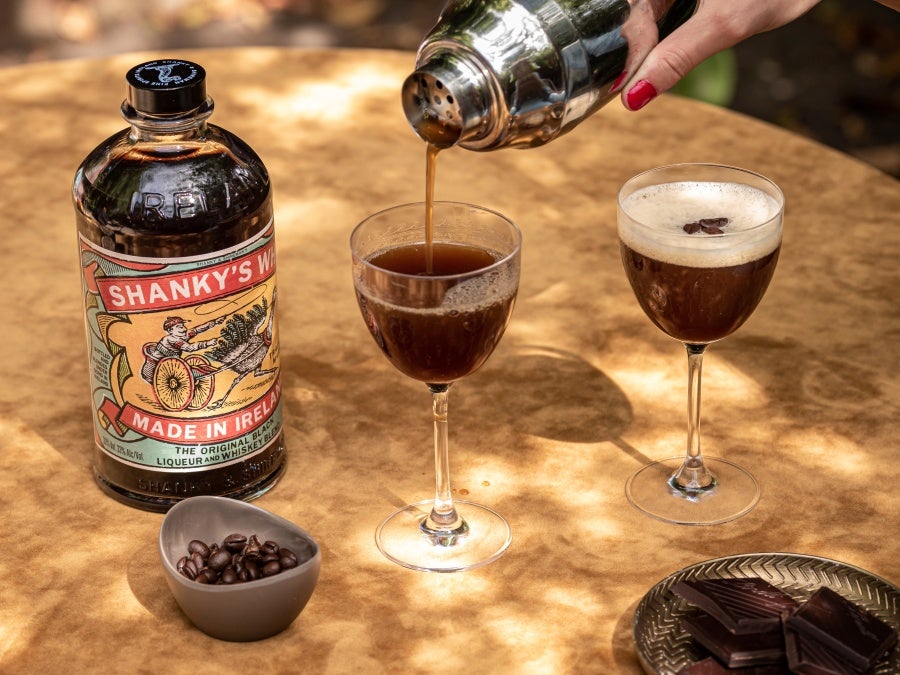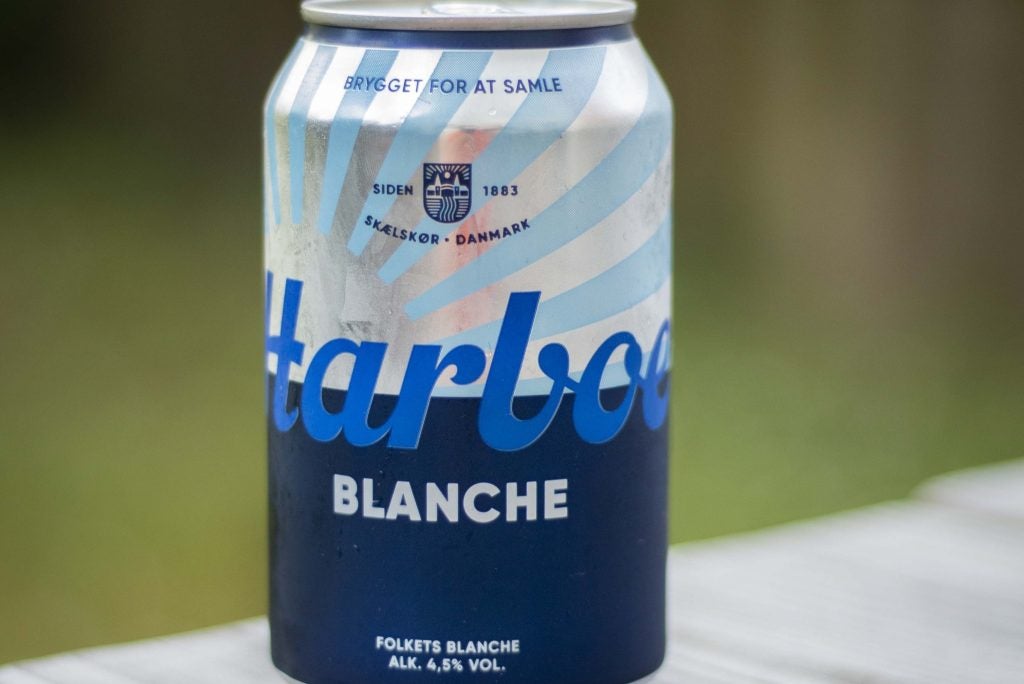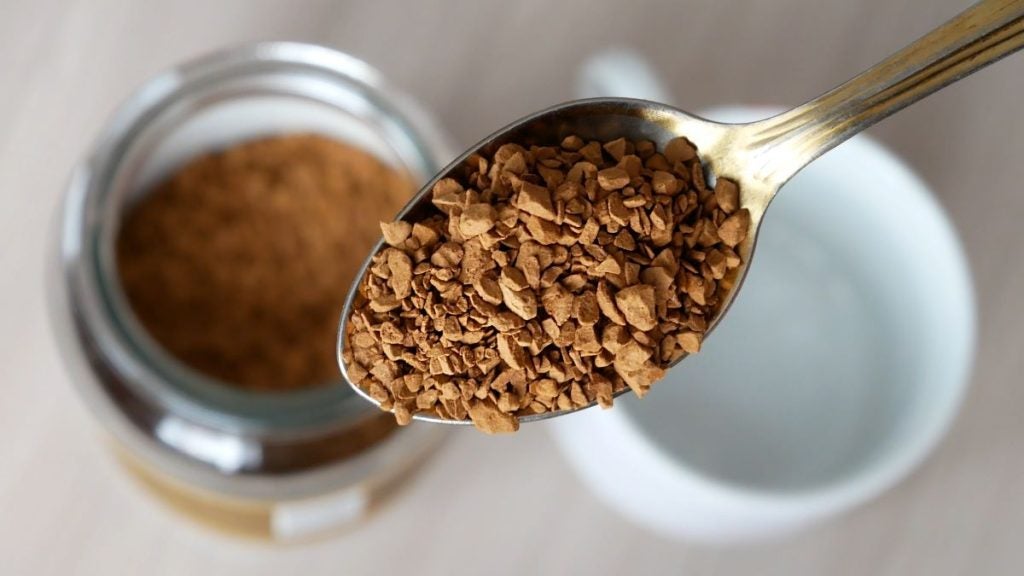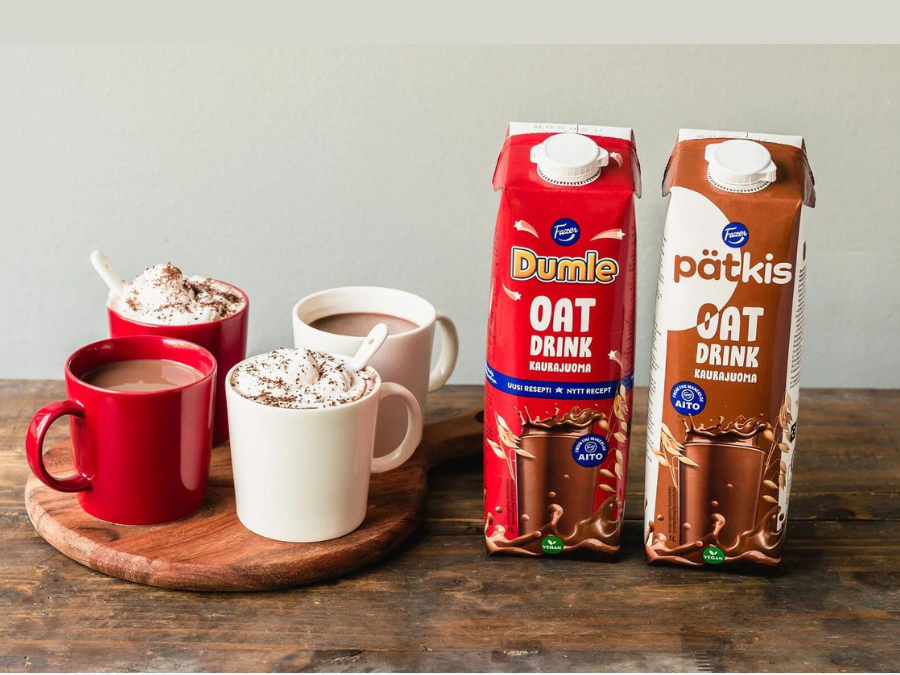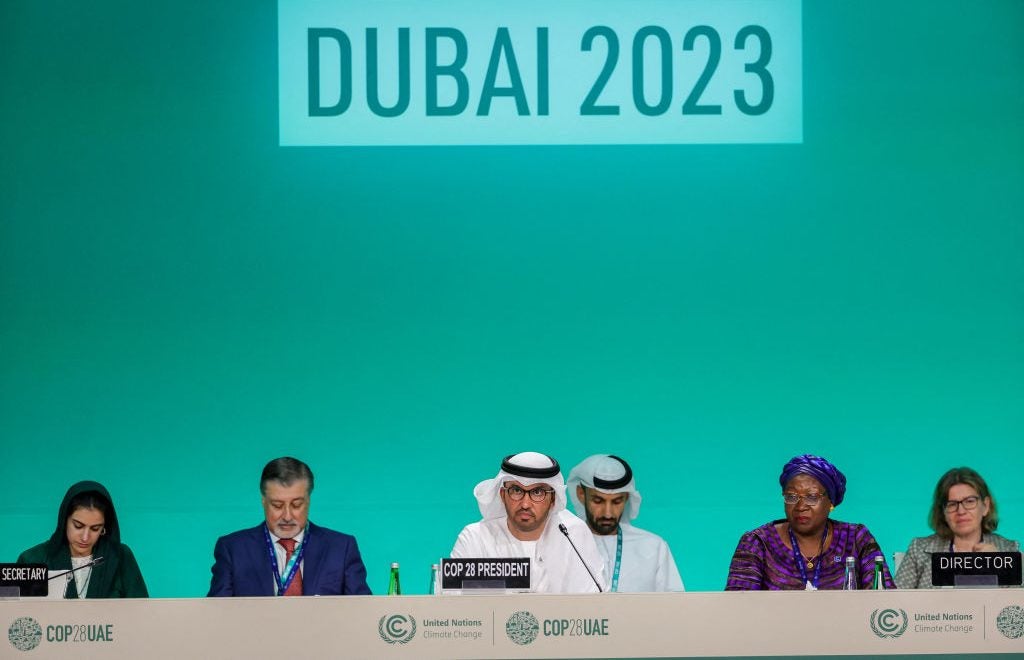Israel’s Strauss Group has seen its coffee business come under pressure, sparked by “profitability headwinds” in Brazil.
In the third quarter, the group recorded total revenue of almost NIS2.7bn ($725m) up 7.3% year on year and by 3% organically. Net profit hit NIS120m, a 236.7% jump compared to a year earlier.
However, Strauss’ coffee business saw sales and profits fall. Revenues dropped 2.3% to NIS1.28bn. Operating income was down 37% at NIS90m and the business unit’s operating margin decreased from 11.1% to 7.1%.
Speaking on a call with analysts today (30 November), CFO Ariel Chetrit blamed a combination of the weakening of the Israeli shekel and the decline of its business in Russia as a result of the ongoing war with Ukraine.
However, high green coffee prices in Brazil were said to have had the largest impact on Strauss’ profits from coffee.
The group’s decision to decrease its selling prices in Brazil ultimately backfired with green coffee prices not falling as the company had expected.
Commenting on the situation in Brazil, CEO Shai Babad said: “What happened in Brazil [was] that there [were] expectations in the market that green coffee prices will reduce and, at the end of the day, they didn’t reduce. Because of the very harsh competition, prices in the market were reduced where the green coffee prices were not… hence everybody suffered a decrease in margins.”
Describing the increasingly competitive market, Babad mentioned JDE Peet’s pending purchase of coffee and tea group Maratá's earlier this year from JAV Group as an example of “the competition… getting more rigorous”.
To instill some recovery, Babad said the company intends to “grow in the categories which are adjacent and not R&G [roast and ground]”, as well as other categories within its portfolio that have “much higher margins”.
Strauss, which also has interests in sectors including bottled water and dairy, enjoyed higher sales “in all the other geographies and businesses” Chetrit added, “both in volume and in value due to the price increases [we did] last year and in the first half of this year… and due to the [significant] increase in innovation, creating a very robust demand for our products”.


